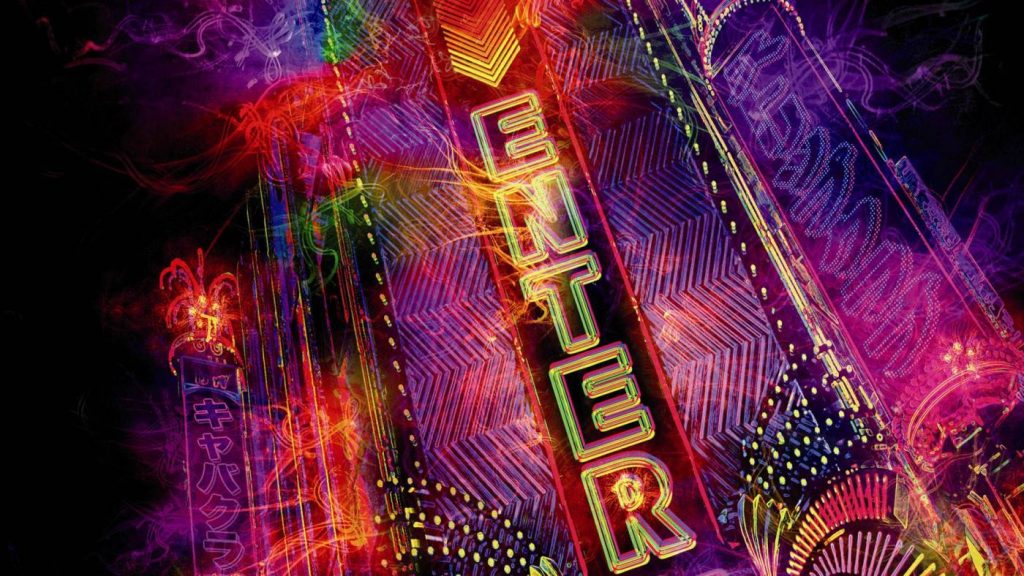
In the spring of 2019 I wrote an entry on the relation between film and personal worldview. How can a film inform the way someone theorizes and thinks about the world?
Lees verder Theory & Worldview: Enter the Void (2009)
In the spring of 2019 I wrote an entry on the relation between film and personal worldview. How can a film inform the way someone theorizes and thinks about the world?
Lees verder Theory & Worldview: Enter the Void (2009)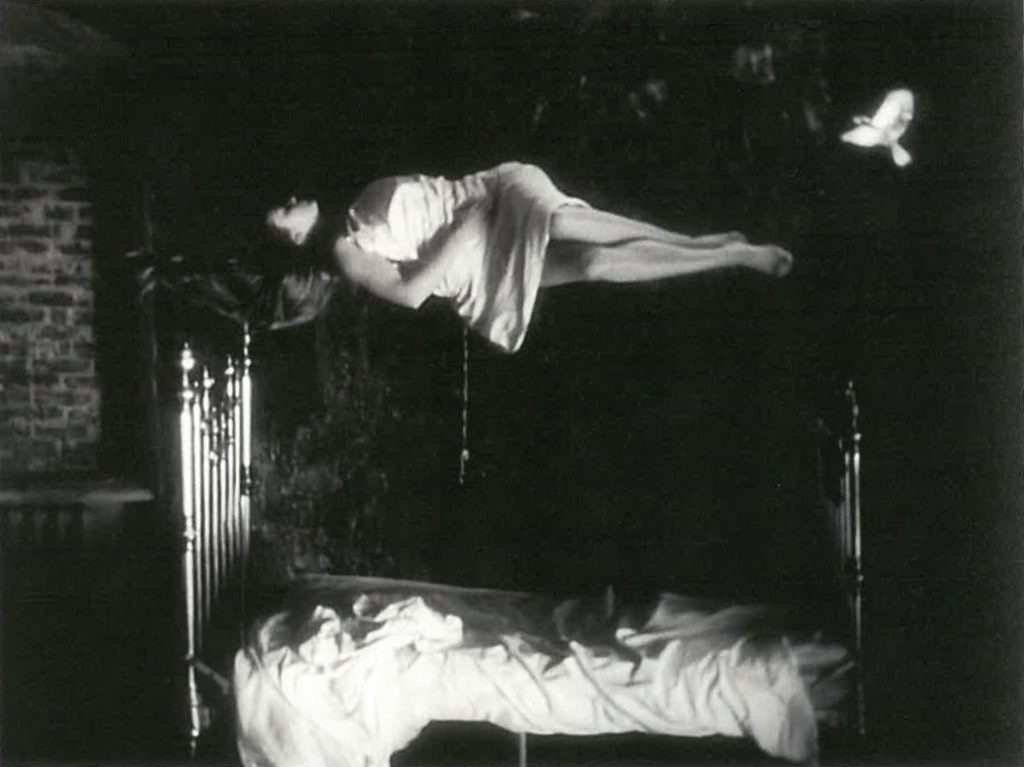
Voor indebioscoop schreef ik een essay over de plaats die religie inneemt in Andrej Tarkovski’s visie op de filmkunst. Het oeuvre van de Russische cineast is nu te bewonderen in EYE Amsterdam, waar ook een tentoonstelling over datzelfde oeuvre loopt. Over de tentoonstelling werd onlangs dit stuk gepubliceerd.
Klik hier voor het essay.
”De kunst die uit het scheppen van de kunstenaar voortkomt kan alleen geaccepteerd worden als de toeschouwer het beeld en zijn waarheid gelooft, en de kunstenaar daarin onvoorwaardelijk vertrouwt. Tarkovski legt zo een belangrijke verantwoordelijkheid bij de toeschouwer: als hij de waarheid niet zoekt, blijft ook het schone voor hem verborgen.”
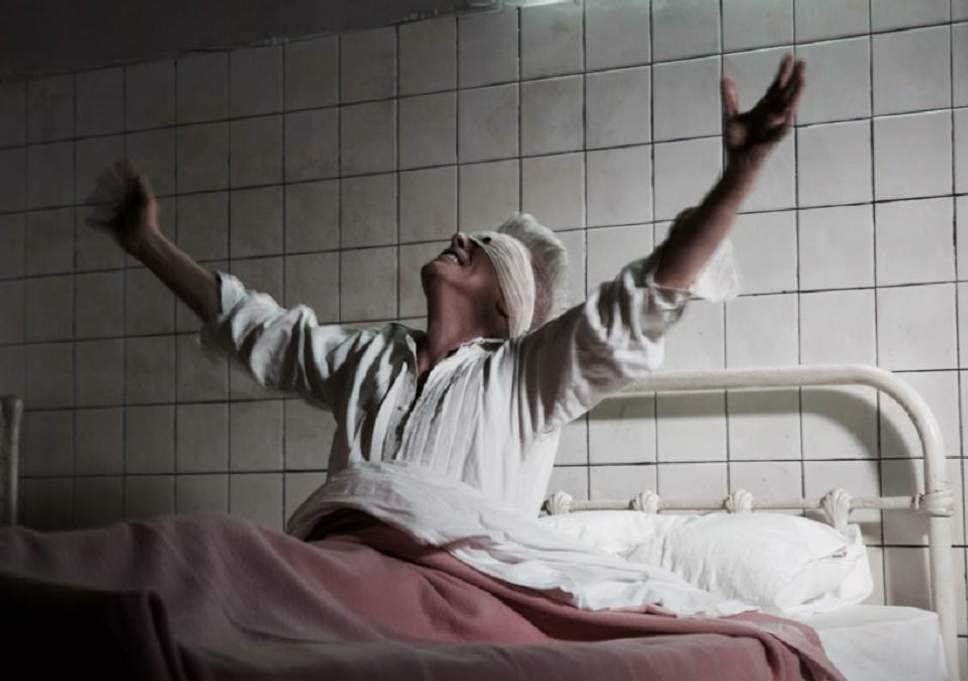
I wrote this paper for a course on Religion and Popular Culture in the spring of 2019.
‘’It is not actually death, but the knowledge of death,
that creates problems for human beings’’ (Norbert Elias)
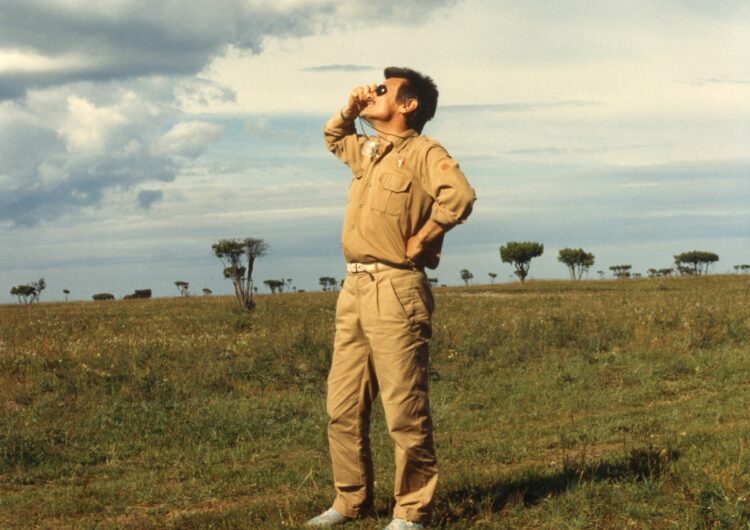
Voor Cine schreef ik een stuk over de tentoonstelling in EYE filmmuseum die het oeuvre van de Russische regisseur Andrei Tarkovsky (1932-1986) onder de loep neemt. De tentoonstelling is t/m 6 december te bezichtigen in Amsterdam. Het stuk vind je hier terug.
”Voor Tarkovski oversteeg de emotie het intellect en was ze de sleutel tot een waarachtige filmervaring. Deze beeldengalerij heeft zo ook de potentie om een idee uit te dagen dat het oeuvre van Tarkovski voor velen heeft afgeschermd: Tarkovski, dat was toch die Rus met onbegrijpelijke films voor zelfbenoemde intellectuelen? ”
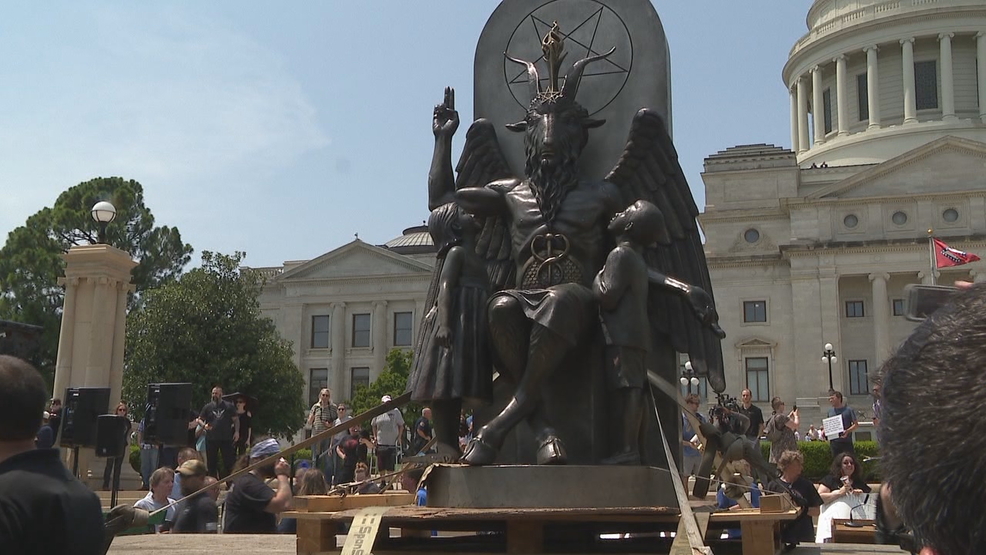
If everything goes according to plan (or, better: according to my current ideas), I will write my RMA thesis on a case that I stumbled upon at the International Film Festival Rotterdam (IFFR): the documentary film Hail Satan?, directed by Penny Lane (2019).[1] Lane sets out to represent the ideals and considerations of an American organization, the Satanic Temple, that pursues religious freedom, the separation of church and state and social equality in the US. The film’s point of departure is an actual controversy that dates back to August 16, 2018, when members of the Temple temporarily installed a statue of the goat-headed Baphomet (a representation of Satan) before Arkansas State Capitol (the seat of the state government).
Lees verder ”Hail Satan?” documentary: Arkansas State Capitol as a religioscape
De Waalse gebroeders Dardenne zijn gelauwerd in het dramatiseren van sociaal onrecht. Met hun laatste bijdrage aan het arthouse-circuit slaan ze de plank desondanks behoorlijk mis.
Lees verder Recensie: Le Jeune Ahmed [Gebroeders Dardenne, 2019]
This is a paper from a few months ago. Writing on the (academic) study of ”Gnosticism” was challenging, especially because I barely knew anything about the field when I started my research. The final effort still contains some flaws that I’m well aware of – specialists will certainly be able to spot them, which is also one of the reasons I ultimately didn’t succeed in publishing the paper. It’s interesting to reread and to see how quickly views can change and evolve – my thought experiments on the subject matter were different from how they are now. Still wanted to publish it though, it might be an interesting trip for those of you who are interested.
Lees verder Genesis 2-3, Canonical Interpretation and the Challenge of ”Gnosticism” [Paper]
Kind van de Duivel
A moral response to an ‘offensive’ song
‘’Ik ben een kind van de duivel, mama jij hoeft niet te huilen.
Feesten alsof elke dag hier mijn laatste is
hoop dat je deze draait op mijn begrafenis.’’
When the Dutch rapper Jebroer released his single Kind van de Duivel in 2017, generous airplay of Dutch and Belgian radio stations coincided with considerably high chart positions in the Dutch single top 100 and the Top 40.[1] The lyrics and the clip, however, aroused quite some controversy among confined groups of Christian people, who responded to the song’s glorifying references to death and the devil.[2] Performances by Jebroer in Hardinxveld-Giessendam and Ouddorp were cancelled after protests of local residents.[3]

Wie de wereld achter The Lion King wil begrijpen, moet onder andere terug naar de Egyptische mythen rond Osiris, de god van de dood en de onderwereld, en zijn koningin, de godin Isis. Na een kwade list van Seth, de voorvader van Scar, kan alleen Horus, de zoon van Osiris (toepasselijk genoeg met de stem van Darth Vader) een nieuw tijdperk (lett. Aeon of Horus) doen aanbreken. Om alles te regeren wat het Licht aanraakt, moet hij eigenhandig met de opstandige Seth afrekenen.
Lees verder Recensie: The Lion King [Jon Favreau, 2019]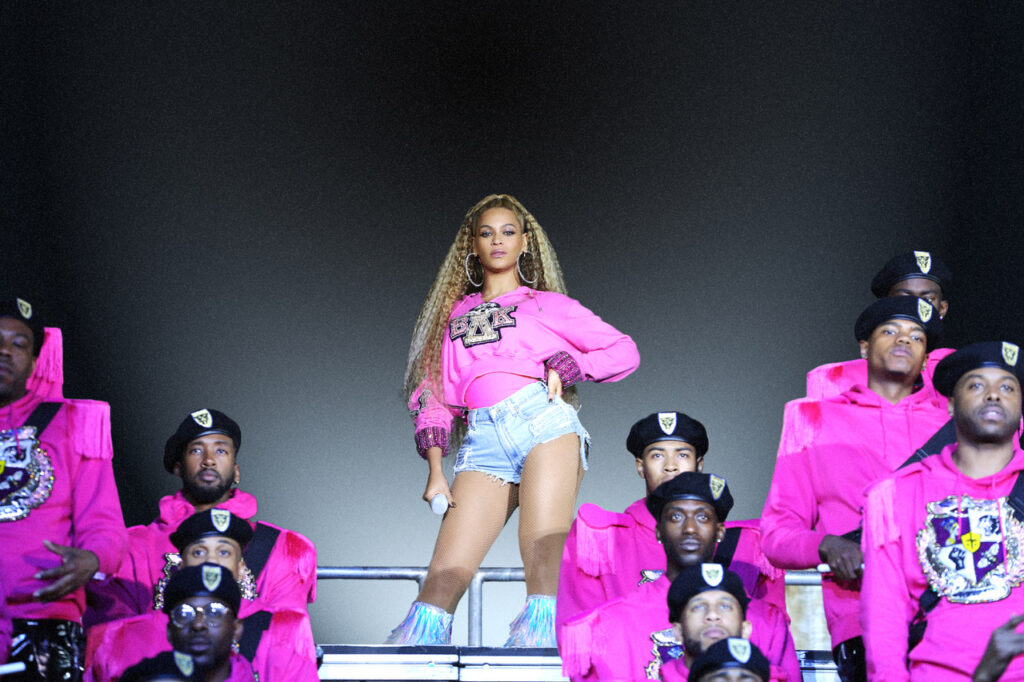
This essay was written in the context of a RMA course on Materiality and the Body in the study of religion, spring 2019.
Lees verder Beyoncé: Iconic Power in the Human Realm [Essay]